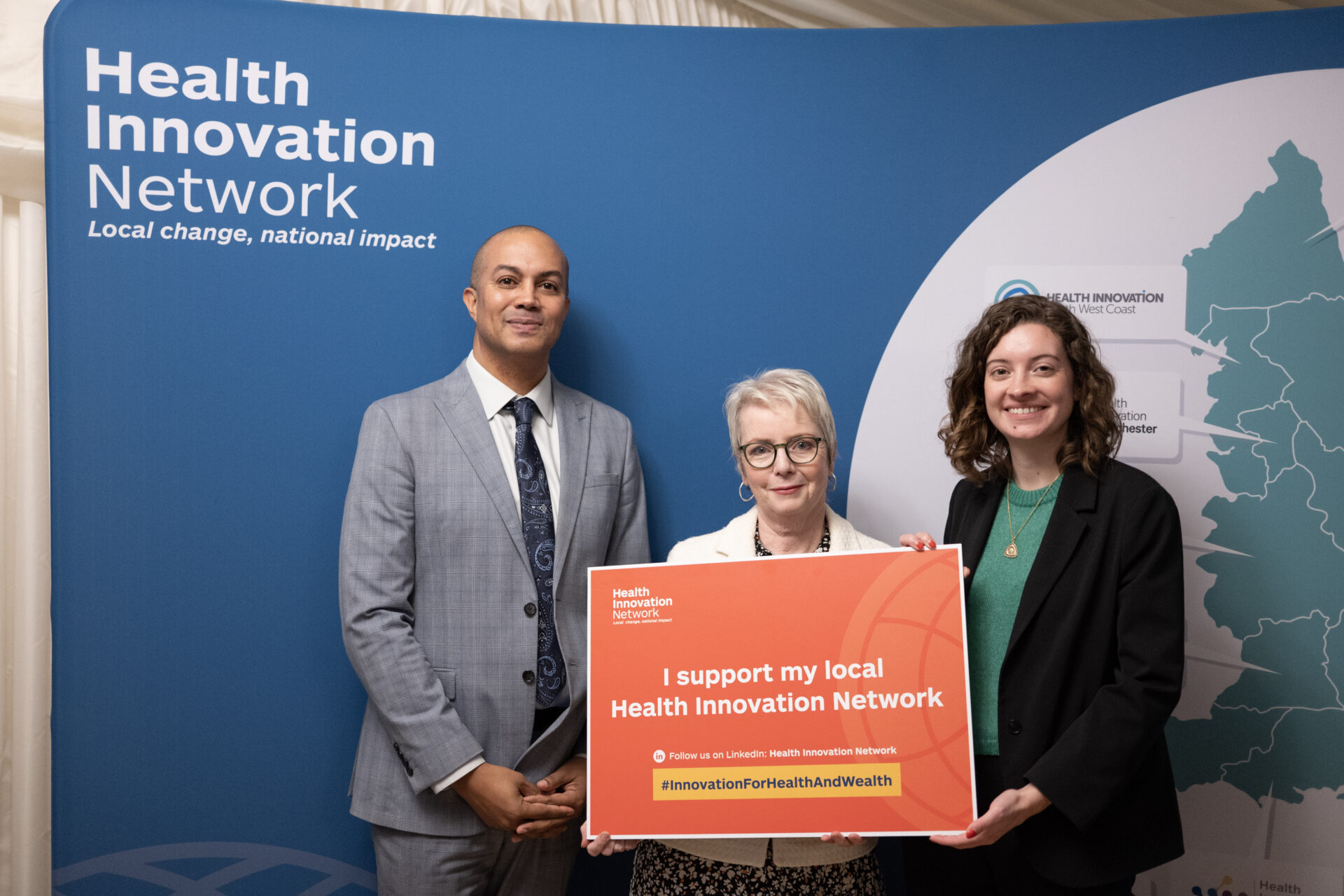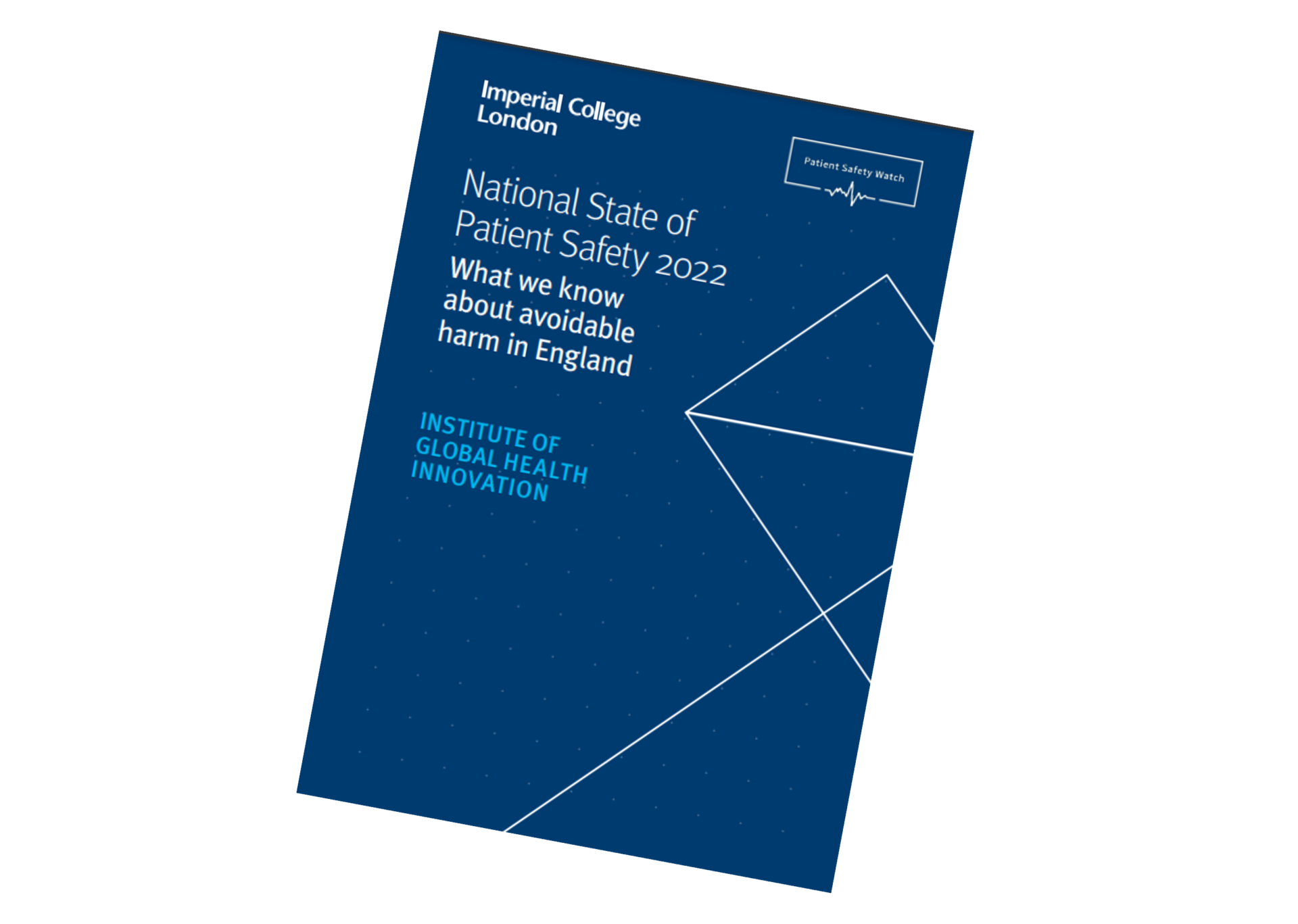The National State of Patient Safety 2022 report was produced by Imperial College London’s Institute of Global Health Innovation. Patient Safety Watch, a charity founded by the Rt Hon Jeremy Hunt MP, provided support, making the report possible.
The continuous improvement of patient safety is a priority for all modern healthcare systems. Improvements can come in the form of reduced rates of patient harm, enhanced confidence in clinicians, or greater staff willingness to raise safety concerns. The report explores the progress made in England by the NHS over the past 15 years.
The report makes 5 recommendations:
- The breadth of patient safety data needs to increase.
- The accuracy of key patient safety measures needs to improve.
- A workforce plan for the NHS and social care system is urgently needed.
- Integrated Care Systems need to play a central role in monitoring patient safety.
- Progress in the safety of maternity services needs to accelerate.
The Academic Health Science Network supports patient safety improvements in several ways.
Patient safety improvement networks already exist across Integrated Care Systems (ICSs) and are currently supported by Patient Safety Collaboratives (PSCs). Under the leadership of the Integrated Care Boards (ICBs), each network will provide collaborative leadership to support continuous learning and improvement in patient safety and be accountable for delivering patient safety priorities. Support is aligned with the NHS Patient Safety Strategy and subsequent strategy updates published by NHS England.

Each PSC is supporting ICSs to:
- Provide visible system leadership for safety improvement
- Support the ambition of the NHS Patient Safety Strategy
- Support improvement activities with individuals, organisations and systems (such as coaching, assessing and developing improvement capability, and support with measurement for improvement)
- Support the development of the Patient Safety Improvement Networks and build relationships with individuals in key patient safety roles such as Patient Safety Specialists and Medicines Safety Officers
- Support system measurement of safety
- Take an active role in safety improvement planning, particularly the patient safety network plan, and its link to the Patient Safety Incident Response Framework (PSIRF)
- Help scale improvement work across systems where the evidence-based is sufficient, ensuring patient pathways support implementation and that there is a clear strategy for sustainability
- Share lessons and best practice across systems.
Patient Safety Collaboratives are also supporting the delivery of improved safety and outcomes of maternal and neonatal care by reducing unwarranted variation and providing a high-quality healthcare experience for all women, babies, and families across maternity and neonatal care settings in England through our work on the pre-term optimisation bundle and PERIPrem.
Cheryl Crocker, AHSN Network Patient Safety Director, said, “We welcome the release of this report which highlights the importance of continuous improvements in patient safety. PSCs play a vital role in supporting local areas in adopting safer care pathways and continue to guide by providing leadership, sharing learning and building improvement networks.”
The AHSN Network Patient Safety Plan sets out how the network of 15 AHSNs will support the delivery of the NHS Patient Safety strategy.
Find out more about the AHSN Network’s contribution to patient safety here.
You can find your local AHSN here to discuss support for patient safety where you work.

Join us on 11 and 12 June in Manchester to find out how the Health Innovation Network is improving health and driving wealth through health innovation. This year we’ll be joined on our stand by 18 Network-supported innovators, showcasing innovations which are helping to deliver the Government’s three shifts for the NHS and solve some [...]

The Health Innovation Network is delighted to announce the launch of Innovation Insights, a brand-new webinar series designed to highlight the latest in health innovation, offering attendees valuable insights into the adoption and spread of innovation within the health and care landscape. Each interactive webinar will feature: Expert presentations: Delivered by thought leaders across [...]

The Health Innovation Network, at an event sponsored by Sarah Coombes MP, brought together parliamentarians including Health Minister Karin Smyth MP and Chair of the Science, Innovation and Technology Committee, Chi Onwurah MP to meet with six innovators supported by health innovation networks across the country and their NHS partners. At the Meet the Innovators: [...]






